FEATURED
Why Web3 communities don’t scale
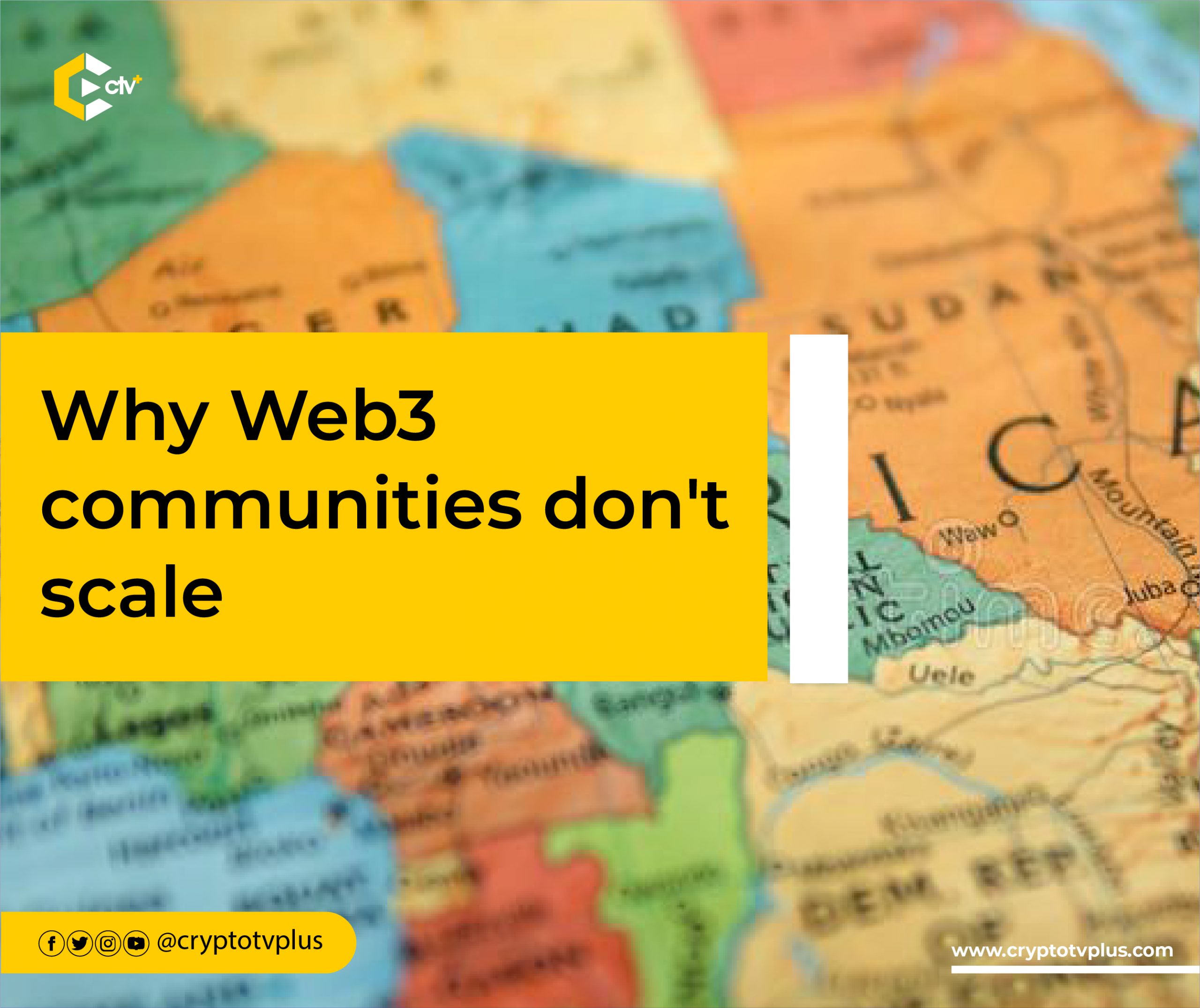
Web3 communities, like any other community, come in different forms depending on the team’s focus. For Colin Ogoo, Software Engineer and Contributor at DevRel, Solana Foundation, creating a Web3 community in Sierra Leone had challenges like internet penetration, availability of electricity, and skills and so he settled for an “in-person” model. “The region you live in determines whether your community will be virtual or physical,” he explained at the Breakpoint event.
Justin, founder of Dappio.xyz and Solmeet.dev shared that his team started a community in Taiwan after finding it difficult to hire a dev to work on a project. While virtual communities are exciting to build, it’s tough because of the need to manage sustained connections amongst members, Kash Dhanda, co-founder of SuperteamDAO.
Mike Fraietta, CEO of EmpireDAO, explained that the effect of COVID-19 made it clear that the need for a hybrid team and community is important, and they are focused on that model.
Scaling communities
Because they couldn’t access textbooks and other resources when they started their community, they had to create demo videos to show devs how to use Solana, Justin explained. With time, they also started making textbooks for Solana to help college devs access Solana materials easily while paying attention to the culture of the people.
Colin shared that scaling a community like theirs, which is physical, is not truly challenging, and the main bottlenecks are capital and the right persons that will manage such communities. The Sierra Leone Solana community also focused on building projects that solve people’s problems.
Kash said that their model is to scale from region to region by giving goals and responsibilities to the community of each region. At the same time, Mike explained that they prefer to help activate communities that are already existing in several areas instead of starting any.
Should communities be mono-chain or multi-chain?
Colin and Mike agreed that communities could be multichain and not focus on one chain. Colin further explained that even though they were a Solana-focused community, they would not reject materials from other chains that could help members of their community.
On the contrary, Kash opined that he prefers a community that is focused on one chain because it is easier to serve the community and solve problems related to that chain.
Read also;
Why “Network State” is the future of Web3 communities
Why Web3 security must be automated



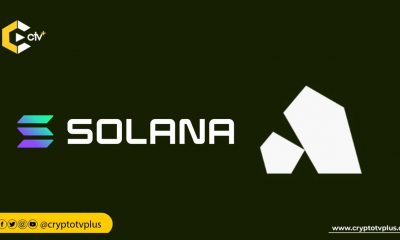

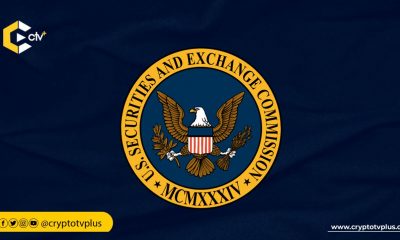

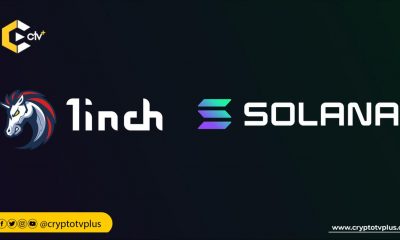

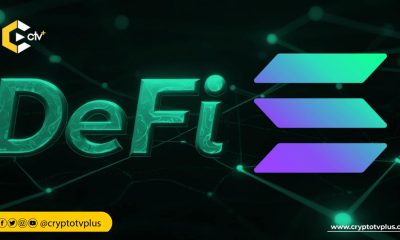

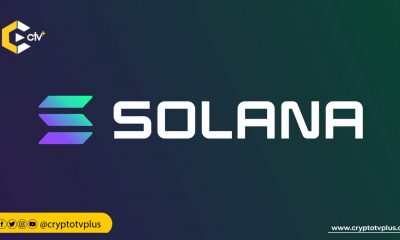











2 Comments